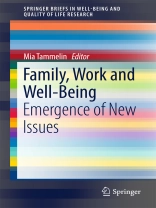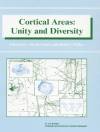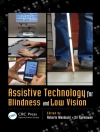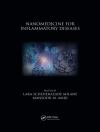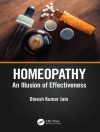This book analyses the current state-of-the-art research on families, working hours and well-being in Europe, addressing both paid and non-paid work from a family perspective, and introducing emerging issues related to working hours and family life. Further, it discusses the implications of these issues for the well-being of individuals and families. Examining topics such as the division of paid and non-paid work within families, flexibility patterns, the 24/7 society, intensification of work, and the implication of mobile technology for work–family relations, it illustrates how the experiences of working families differ depending on their socio-economic status
Table des matières
Chapter 1. Dimensions of working time, family and well-being: introduction (Author: Mia Tammelin).- Part I. paid and Non-Paid Work in Families.- Chapter 2. European family working time regimes: a shift towards dual earning families (Mia Tammelin).- Chapter 3. Division of labour within households: men’s increased participation? ( Tomi Oinas).- Part II. Emerging topics of Working Time: Richer or Poorer Family Life?.- Chapter 4. The flexibilisation of working hours in Europe (Timo Anttila).- Chapter 5. 24/7 society: new opportunities and new risks (Timo Anttila).- Chapter 6. Intensification of work, intensification of life: is it work that is exhausting us? (Armi Mustosmäki).- Chapter 7. Mobile technology: good or bad for work-family relations? (Mia Tammelin).- Chapter 8. Conclusions: synthesis of the findings and future responses ( Mia Tammelin, Timo Anttila, Tomi Oinas and Armi Mustosmäki).
A propos de l’auteur
Mia Tammelin, Ph D (Social and Public Policy) is an adjunct professor and an Academy of Finland Research Fellow at the University of Jyväskylä, Finland. She has published on various topics related to work, family life, and time, as well as 24-hour economy. Her current, five-year project ‘Family Ties’, concentrates on paid work, time, family relations and information and communication technologies (ICTs).
